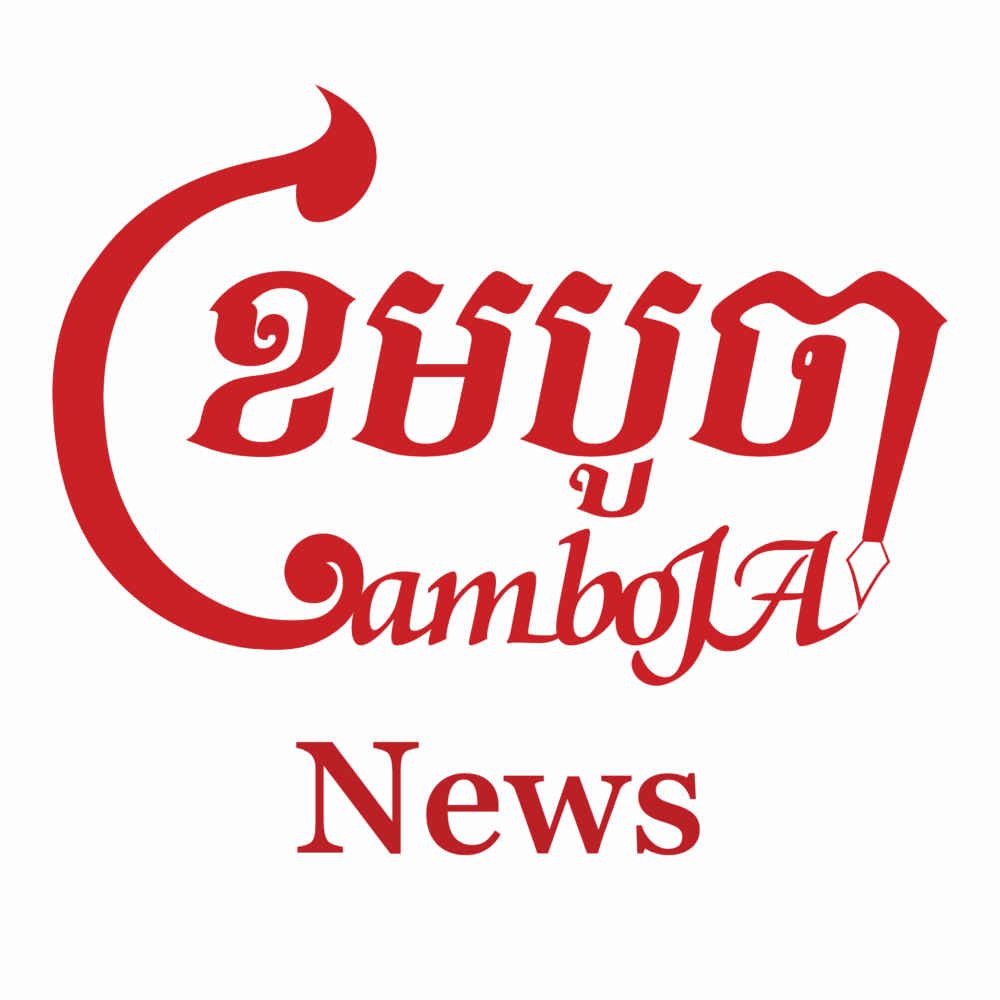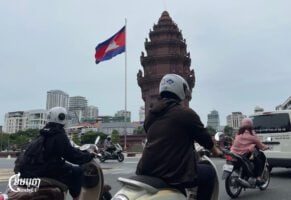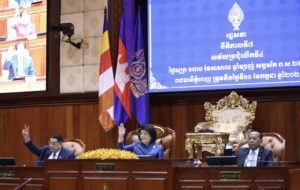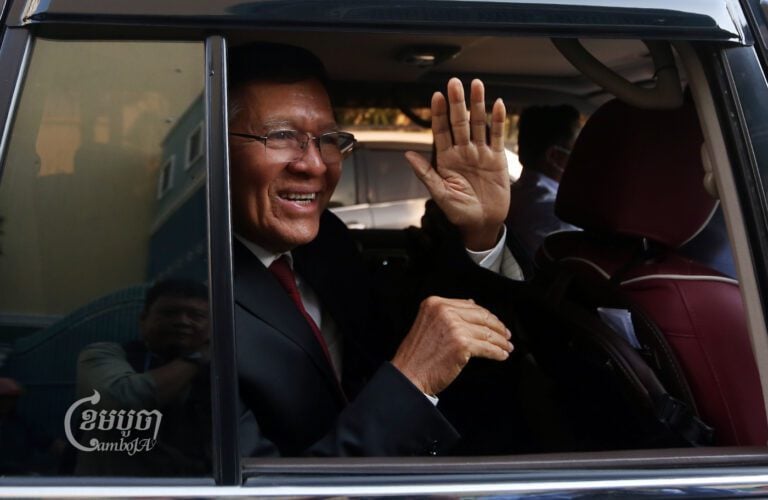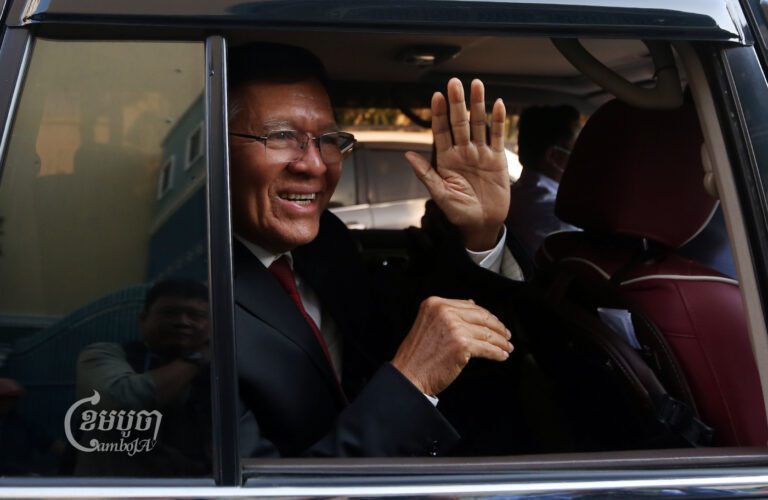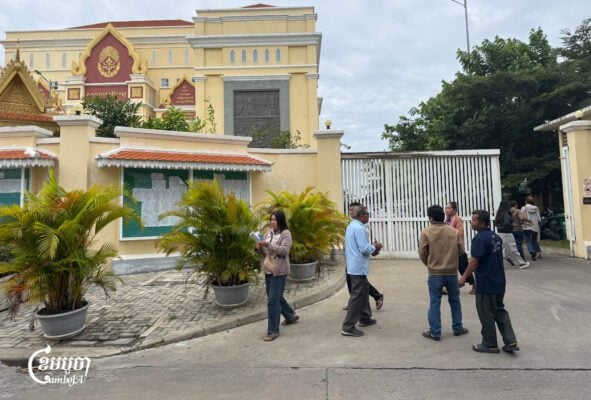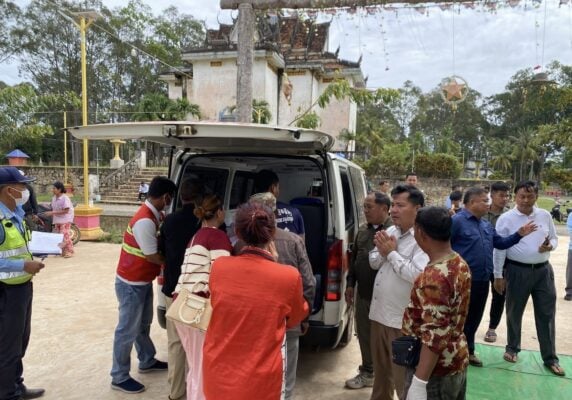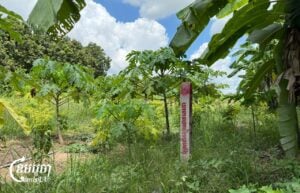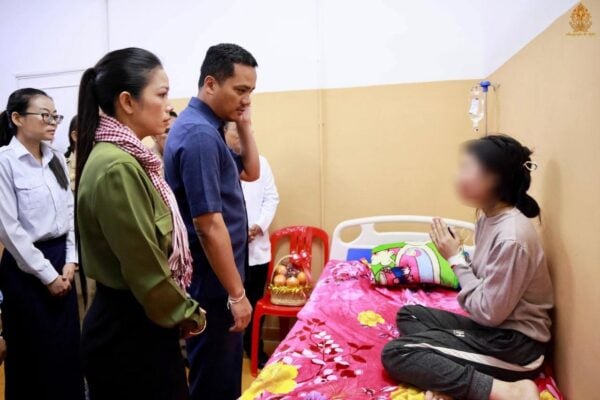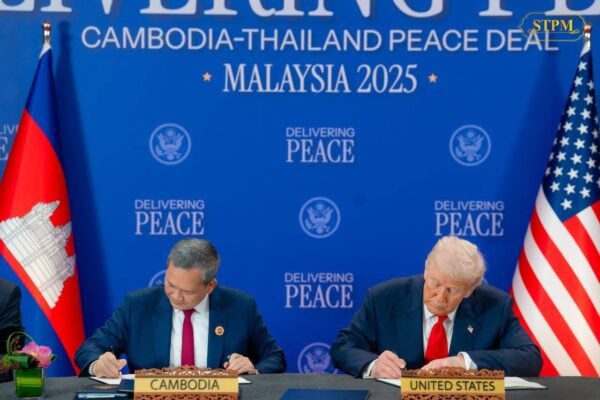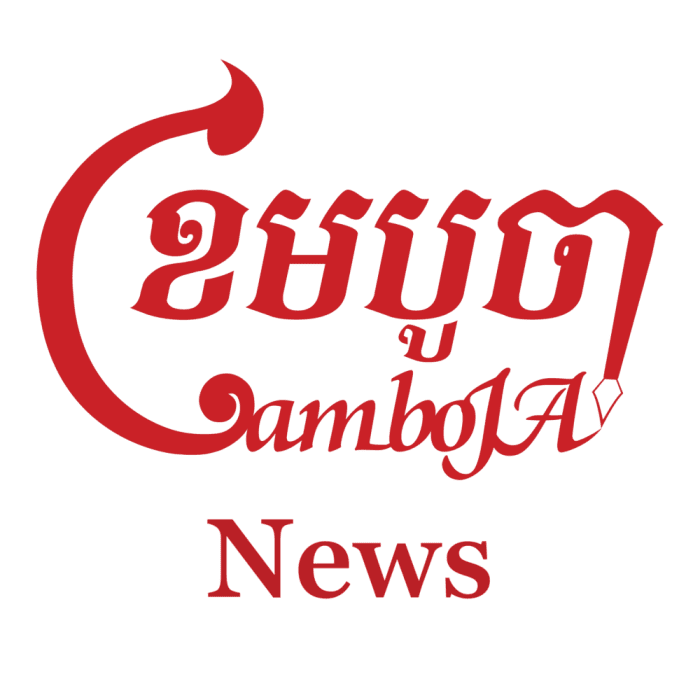The National Assembly on Monday passed the amendment to the Law on Nationality, allowing the government to strip the citizenship of Cambodians accused of foreign collusion, a move critics say suppresses freedom of speech.
The amendment follows a call by former Prime Minister and current Senate President Hun Sen to amend the constitution to remove the citizenship of Cambodians who “side with foreign nations to harm our country”.
During the debate, Interior Minister Sar Sokha defended the amendments, saying they are consistent with the Constitution, and national and international laws, as well as grounded in the principle of respecting human rights to ensure and protect the interests of legitimate Khmer citizens.
He said the conditions outlined in the law have strict requirements and “apply only to traitors” — it does not create negative effects that would harm the economy, society, and culture. It also does not affect the economic rights and interests, or the legal property of Khmer citizens, he added.
Sokha noted that a few Cambodians had caused serious harm to the country’s foundation and security, undermining national unity, including during the Cambodia-Thailand conflict and Thai incursions.
Some 50 non-governmental organizations issued a joint statement, calling for a withdrawal of the amendments to the law as they “are vaguely written” and will have a “disastrously chilling effect” on Cambodians’ freedom of speech.
“Cambodians risk losing our identities over our activism. If we are stripped of our citizenship, we will lose the foundation of every right we have in our home country,” read the statement.
“We risk becoming stateless, rightless and prisoners in our own homeland,” the groups warned, adding that revoking Khmer citizenship would remove people’s fundamental rights — including the ability to own land, access healthcare, attend school, marry, work legally, take part in politics, or travel abroad.
The draft amendment revises seven articles of the Nationality Law, which also includes a new article, Article 29, which stipulates that Cambodian citizenship may be revoked for treason or collusion with foreign countries that harm the Kingdom’s core interests.
Revocation can also happen when one undermines national sovereignty, territorial integrity, or security, voluntarily joins the military of a foreign state or serves as a foreign public official, or obtains Cambodian citizenship through fraud or false information.
Those who are convicted of crimes such as insulting the King, threatening state security, or terrorism, might also be subject to the law. The law also specifies that Khmer nationality by birth can only be withdrawn if the individual is at least 18 years old and holds another nationality.
In July, lawmakers voted to amend Article 33 of the Constitution. The original clause stated that “Khmer citizens shall not be deprived of their nationality” and guaranteed protection for Cambodians abroad. However, the amended article reads: “Receiving, losing and revoking Khmer nationality shall be determined by law.”
New Generation Party president Meach Sovannara expressed regret that the National Assembly passed the amendment to allow the revocation of Khmer birthright citizenship.
“We don’t want to see a national law that is issued for ‘general use’ as the people in the country face risks due to hasty legislation driven by political reasons rather than consensus through consultation,” he said.
“We want to see a law that has national consensus, one that doesn’t suppress opposing political trends,” Sovannara said.
He added that Cambodian citizens have no choice but to practice heightened caution with regard to political issues, while Cambodia comes under threat in terms of political rights and fragility in expressing opinions.
Rights group NGO Adhoc president Ny Sokha opined that the amendment is a “restriction” and impactful on those who have opposing views of the government.
“We are concerned about the future, especially for those who exercise their right to express opinions and criticize the government and other leadership,” Sokha said.
